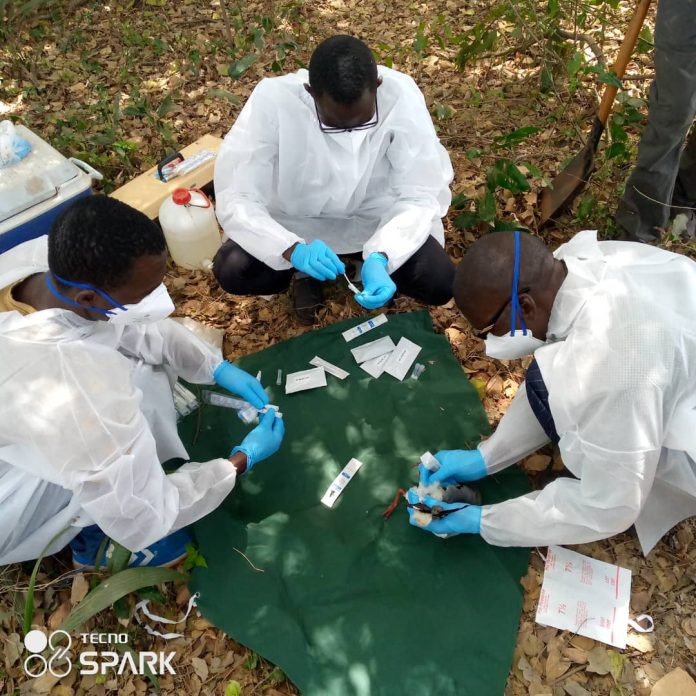The Ministry of Environment, Agriculture, Health and National Disaster Management Agency has confirmed the outbreak of High Pathogenicity Avian influenza (HPAI) in the country after several birds were found dead in Kartong and other coastal areas.
In a joint statement, the Government says samples collected from dead birds were sent to the National veterinary laboratory for Veterinary and livestock research (LNERV) in Dakar, Senegal, on 1st April 2023 and were found to be positive for HPAI of the type H5N1.
Last week a public outcry among environmentalists raised the red flag on the zoonotic disease outbreak that has claimed the lives of more than one hundred (100) wild birds at Tanji Birds Reserves, and Kartong Beach, among other places along the coastal strip.
Environment, Climate Change, and Natural Resource Officials were initially cautious about the emergence of the outbreak in the country, saying samples taken and tested at the Department of Livestock Services laboratory indicated no traces of Avian Influenza (bird flu) virus on dead birds.
That position has since changed as the Government declares the outbreak of a highly deadly pathogen affecting birds on the country’s southern coast.
“The general public is informed that High Pathogenicity Avian influenza (HPAI) type H5N1 has just been confirmed in wild birds in The Gambia. This followed a joint investigation conducted by the Department of Parks and Wildlife Management (DPWM) of the Ministry of Environment, Climate Change and Natural Resources and the Department of Livestock Services of the Ministry of Agriculture following reports of unusual deaths among wild birds in Tanji Bird Reserve,” Gambia Government disclosed in a joint press statement.
“The samples which were collected during the investigation were sent by the Department of Livestock Services (DLS) to the National veterinary laboratory for Veterinary and livestock research (LNERV) in Dakar, Senegal on the 1st April 2023, and these were found to be positive of HPAI of the type H5N1. Furthermore, it is worth noting that the disease was also reported in our neighboring country, Senegal, in both poultry and wild birds last week,” the statement says.
The statement highlights that High Pathogenicity Avian Influenza, most commonly known as bird flu, is a severe disease of both domestic birds (poultry) and wild birds (non-poultry) and can also cause disease in humans, adding that it is a zoonotic disease that causes devastating consequences for the poultry industry, farmers’ livelihoods, international trade and the health of wild birds.
“With the current situation, the Department of Livestock Services, the Department of Parks and Wildlife, and the Ministry of Health is closely working together to help reduce the infection pressure at the wild bird level while working with other key stakeholders in the strive to prevent the spill over to our poultry which subsequently will pose a more serious threat to public health,” the release disclosed.
The statement advised the public to avoid touching sick and dead wild birds.






